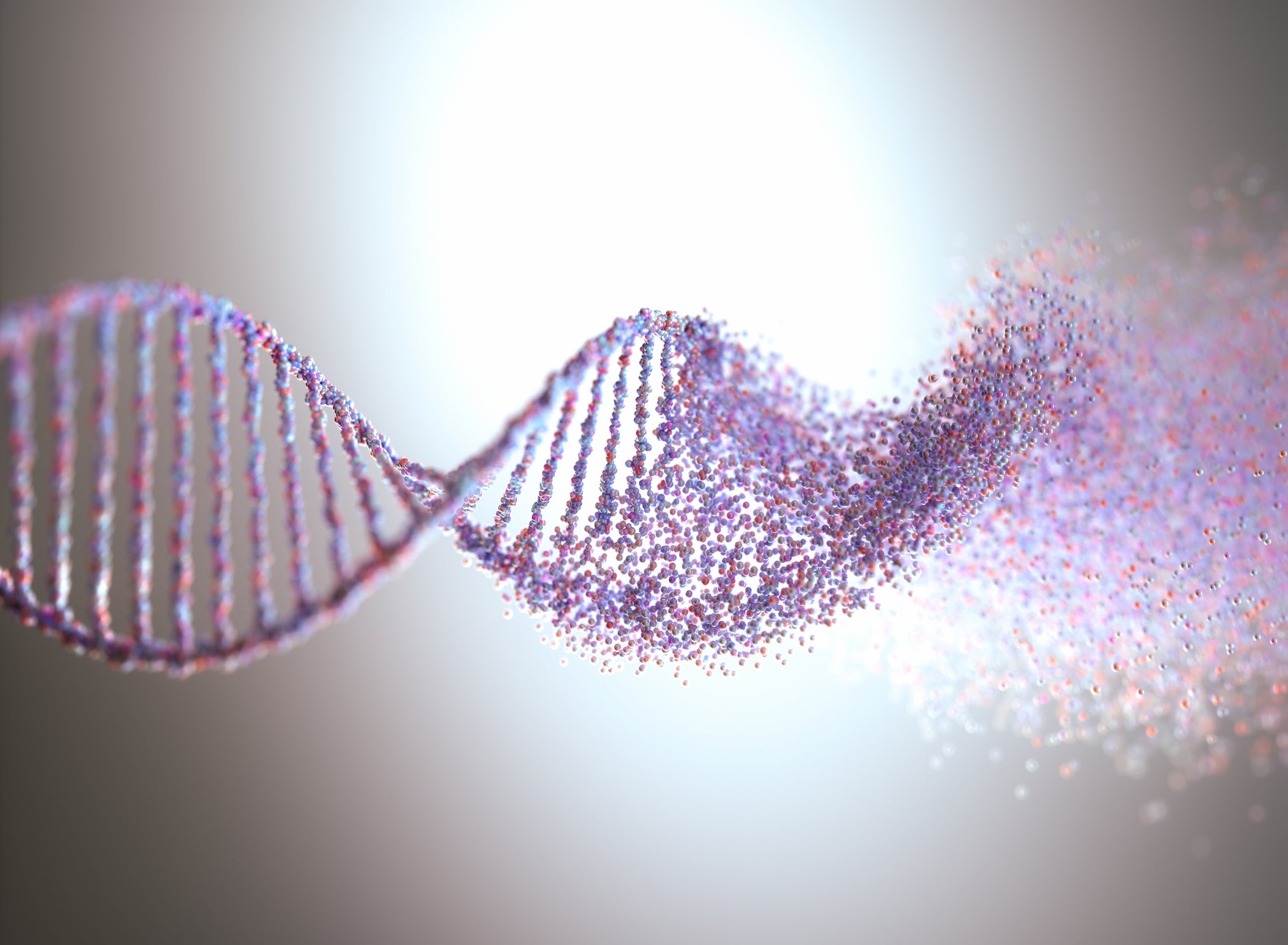
DNA damage response (DDR)-focused Artios Pharma has signed a global strategic collaboration with the Merck Group to discover and develop multiple precision cancer drugs.
According to the terms of the agreement, the partners will leverage Artios’s DNA repair nuclease discovery platform to identify synthetic lethal targets for novel drug candidates. Merck will have the exclusive rights to develop and commercialise therapies discovered under the collaboration.
In return, Artios will gain access to Merck’s DDR expertise and resources and receive $30m in upfront and near-term payments. Artios may also be eligible to receive up to $860m per target commercialised, as well as double digit royalty payments.
Artios chief business officer Tania Dimitrova explains Artios will spend the $30m on supporting its existing products, which are excluded from this collaboration with Merck, into clinical trials. Dimitrova notes Artios is hoping to start clinical trials of its two lead products – ataxia telangiectasia and Rad3-related protein (ATR) inhibitor and Pol Theta – into clinical trials by the end of 2021.
CEO Niall Martin adds that the funding will allow Artios to continue to build out its platform and bring forward new targets in the DDR space.
Promise of DDR in cancer
Merck senior vice-president and head of translational innovation platform oncology Andree Blaukat explains: “Cells must identify and repair DNA damage to survive. But cancer cells often develop defects in DDR pathways, leading to the accumulation of mutations in oncogenes and tumour suppressors that enable them to grow in an uncontrolled way and spread throughout the body.”
How well do you really know your competitors?
Access the most comprehensive Company Profiles on the market, powered by GlobalData. Save hours of research. Gain competitive edge.

Thank you!
Your download email will arrive shortly
Not ready to buy yet? Download a free sample
We are confident about the unique quality of our Company Profiles. However, we want you to make the most beneficial decision for your business, so we offer a free sample that you can download by submitting the below form
By GlobalData“However, also cancer cells can only tolerate a certain level of DNA damage and therefore heavily rely on those DDR pathways that are still intact. Selectively inhibiting these DDR pathways can be potentially an effective way to eliminate tumour,” adds Blaukat. This process of selectively killing cancer cells is known as synthetic lethality.
Founded in 2016, Artios focuses on finding “new targets and opportunities around DDR to be able to create a toolkit of DNA repair inhibitors that oncologists can have in their armoury to tackle cancer,” explains Martin.
The company builds on Martin’s experience in developing the world’s first PARP inhibitor, olaparib, while working for KuDOS Pharmaceuticals, which was later acquired by AstraZeneca. However, there is a need to look beyond PARP inhibitors as they do not work against all DNA repair changes and genetic mutations. There are also issues with cancer cells developing resistance to PARP inhibitors. “We want to understand what is causing that resistance and be able to give an alternative to PARP inhibitors in the DNA repair space,” notes Martin.
One of the alternatives Artios is exploring is DNA nucleases, which certain cancer cells rely on to survive after DNA damage, according to Blaukat. The discovery of repair nuclease inhibitors is the focus of the Artios’s latest collaboration with Merck.
Combining DDR expertise
Blaukat explains the two companies have great “synergy potential”. He adds: “We look forward to combining our extensive R&D expertise in the field of DDR with their nuclease-targeting discovery platform”.
“This collaboration further strengthens our leadership and expertise in the field of DDR inhibitors and complements our multiple innovative assets currently being evaluated in research and in several Phase I and Phase II clinical studies,” continues Blaukat. Merck’s DDR portfolio focuses on three targets – ataxia-telangiectasia mutated kinase, ATR, and DNA-dependent protein kinase.
Dimitrova explains that Merck is “truly the perfect partner” for Artios. The company stood out to Artios because of its “passion for the DDR” and the clear strategic importance Merck placed on this this treatment paradigm.
Partnerships are central to Artios’s business model because it wants to “be the best in DDR and really change outcomes for patients”. “To do that, it is important to collaborate with the best in the world”, concludes Dimitrova.



